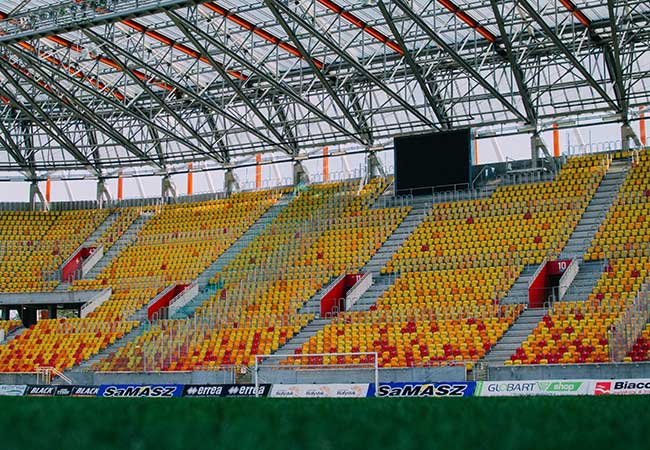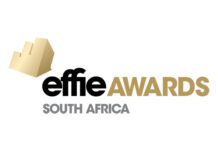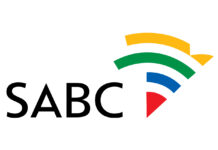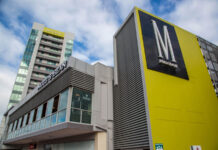The drive to reopen the Events Industry in South Africa focuses on providing safe and organised events. Early into lockdown, the Event Safety Council, a chapter of the South African Communications Industries Association (SACIA), developed and implemented Event Safety Guidelines and Protocols to facilitate the phased reopening of the sector. Yet, despite months of active lobbying and campaigning, the drive to reopen events to larger capacities has only gained traction alongside the vaccination roll-out in 2021.
Now that the potential for regulating access to events through vaccination is viable, SACIA’s proposal to reopen events with spectators under the Spectator Guidelines is attracting high-level attention. “We have spent the past year meeting various stakeholders across Business, Sports and Entertainment events, and together we have devised a solution that will allow events to take place in a safe and controlled manner,” says SACIA’s executive director, Kevan Jones. “We have had to discuss and redesign the proposal a few times, as COVID fluctuations shifted the goalposts, but we are enormously encouraged by the positive reception received during meetings with both NEDLAC and NATJOINTS last week. We believe that the move to reopen events to spectators is imminent.”
Mike Lord, Interim Chair of the Events Safety Council, has been an integral part of the drive. “Under the Event Safety Council’s COVID-19 Spectator Protocols, we can mitigate the risk of transmission of the virus, under existing legislation,” he says. “Considering what is happening with events globally, our bid to reopen makes sense and will be the catalyst for recovery in our sector.”
Once the proposal begins to roll out, the effectiveness of safety protocols will be evaluated through a series of pilot events. These events will require an approved COVID-19 management plan, detailed cleaning and hygiene plans, and a vendor management plan. In addition, a designated event safety officer will be required to work with SAPS and each city’s Joint Operating Committee. Social distancing will be managed with allocated seating layouts and regulated movement of people. Every event will be subject to stringent COVID Tracking systems, such as the government’s COVID AlertSA App.
According to the team, allowing the events sector to reopen to spectators at viable capacities will stimulate economic recovery. Events benefit corporations, organisations, sporting bodies, stadiums, entertainment venues, exhibition and conference facilities, tourism, transport, retail, and the many SMMEs that depend on the events sector. Events also create thousands of temporary jobs in addition to the permanent staffing required throughout the supply chain. Even the community benefits; sports and cultural events unite societies and promote inclusivity, which can help alleviate the mental health problems currently rife in our communities.
“Many of our counterparts around the world are already back in business, and we as the South African Events Industry are ready and prepared with all safety precautions in place,” says Romeo Qetsimani, SAMIC Secretary-General. “We are unified in realising our goal of safely reopening the Events Industry across all segments.”
“We have been working closely with our colleagues in the Department of Sport, Arts & Culture,” adds Jones. “Our Social Partners at NEDLAC presented our proposal to NATJOINTS, and we believe that our plan will be considered by the National Command Council shortly. We have every confidence that what we have put forward will allow events to reopen in a phased approach that will protect attendees, performers and individuals working in the event environment.”























































































